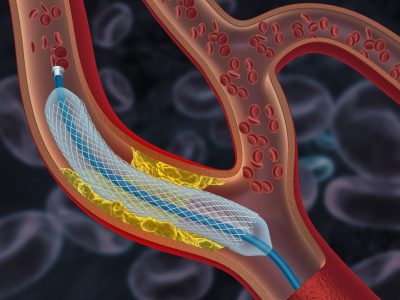Subtotal $0.00
Subscribe to out newsletter today to receive latest news administrate cost effective for tactical data.
2478 Street City Ohio 90255
Subscribe to out newsletter today to receive latest news administrate cost effective for tactical data.
2478 Street City Ohio 90255


Rota Ablation is essential for:
Treating Severe Blockages: Effectively addresses calcified plaques that are resistant to balloon angioplasty and stenting.
Improving Blood Flow: Restores adequate blood flow to the heart muscle, relieving symptoms of coronary artery disease.
Preventing Heart Attacks: Reduces the risk of heart attacks by clearing significant obstructions in the coronary arteries.
Facilitating Stent Placement: Prepares the artery for successful stent placement, ensuring the artery remains open.
The procedure for Rota Ablation involves several steps:
Preparation: You will receive a sedative to help you relax. The area where the catheter will be inserted (usually the groin or wrist) is cleaned and numbed.
Catheter Insertion: A thin, flexible tube called a catheter is inserted into a blood vessel and guided to the site of the blockage in the coronary artery.
Rotational Atherectomy: A diamond-tipped burr at the end of the catheter rotates at high speed to grind away the calcified plaque.
Balloon Angioplasty and Stenting: After the plaque is pulverized, balloon angioplasty is often performed to further open the artery. A stent may be placed to keep the artery open.
Completion: Once the procedure is complete, the catheter is removed, and the insertion site is closed. You will be monitored for a short period before being allowed to go home.
Rota Ablation is recommended for individuals with:
Severe Calcified Blockages: Significant calcified plaque in the coronary arteries that cannot be treated effectively with standard angioplasty and stenting.
Recurrent Symptoms: Persistent symptoms of coronary artery disease, such as chest pain and shortness of breath, despite previous treatments.
Complex Coronary Artery Disease: Multiple or complex blockages that require advanced treatment techniques.
At Dr. Krishna Dhoot's Medical Clinic, we are committed to providing the highest quality cardiac care with:
Advanced Technology: Our clinic is equipped with the latest Rota Ablation technology for precise and effective treatment of calcified blockages.
Expert Cardiologists: Our team of experienced cardiologists and healthcare professionals are experts in performing and managing Rota Ablation procedures.
Comprehensive Care: From diagnosis to treatment and follow-up, we offer a full range of cardiac services to support your heart health.
Patient-Centered Approach: We focus on your comfort and safety, providing personalized care tailored to your specific needs.